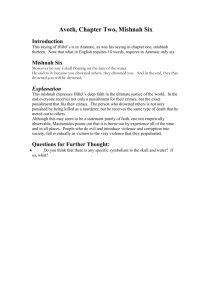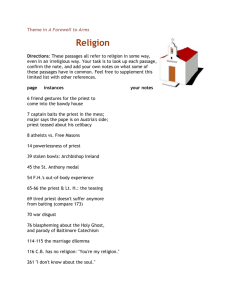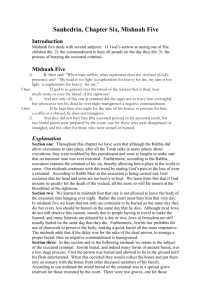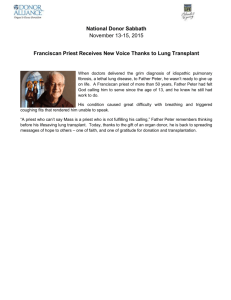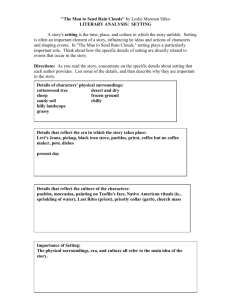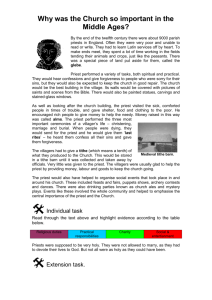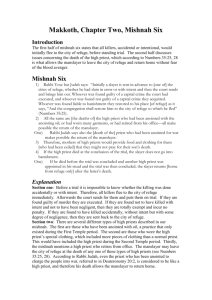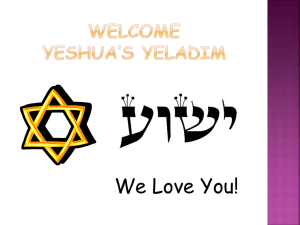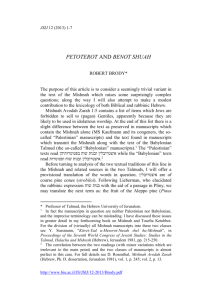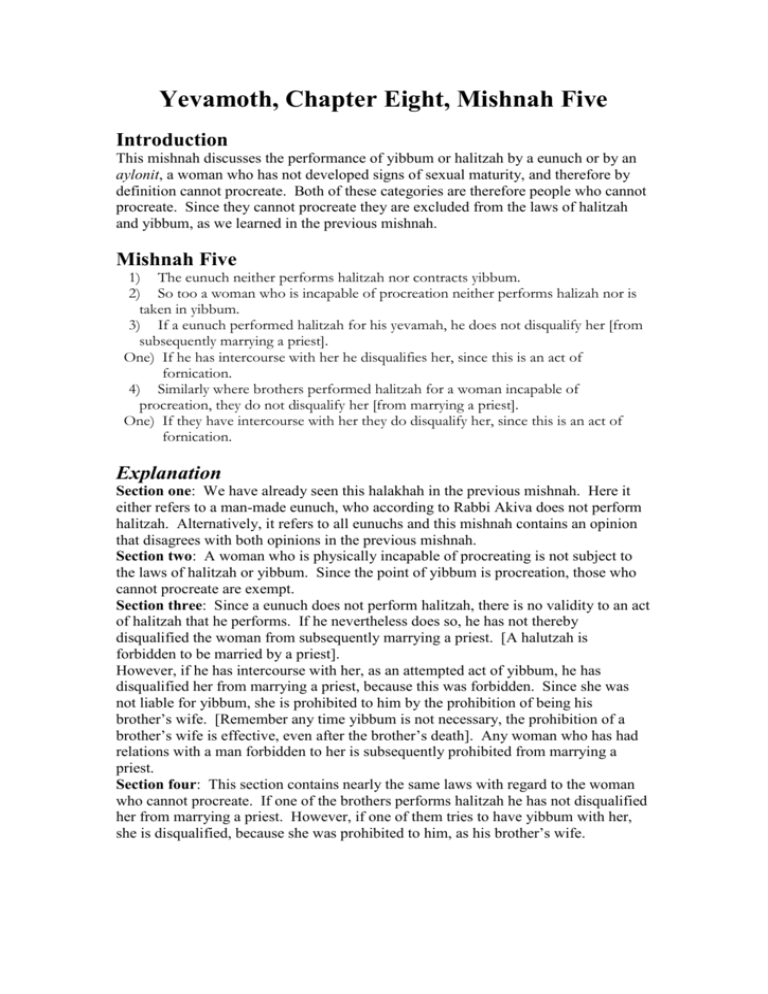
Yevamoth, Chapter Eight, Mishnah Five
Introduction
This mishnah discusses the performance of yibbum or halitzah by a eunuch or by an
aylonit, a woman who has not developed signs of sexual maturity, and therefore by
definition cannot procreate. Both of these categories are therefore people who cannot
procreate. Since they cannot procreate they are excluded from the laws of halitzah
and yibbum, as we learned in the previous mishnah.
Mishnah Five
1) The eunuch neither performs halitzah nor contracts yibbum.
2) So too a woman who is incapable of procreation neither performs halizah nor is
taken in yibbum.
3) If a eunuch performed halitzah for his yevamah, he does not disqualify her [from
subsequently marrying a priest].
One) If he has intercourse with her he disqualifies her, since this is an act of
fornication.
4) Similarly where brothers performed halitzah for a woman incapable of
procreation, they do not disqualify her [from marrying a priest].
One) If they have intercourse with her they do disqualify her, since this is an act of
fornication.
Explanation
Section one: We have already seen this halakhah in the previous mishnah. Here it
either refers to a man-made eunuch, who according to Rabbi Akiva does not perform
halitzah. Alternatively, it refers to all eunuchs and this mishnah contains an opinion
that disagrees with both opinions in the previous mishnah.
Section two: A woman who is physically incapable of procreating is not subject to
the laws of halitzah or yibbum. Since the point of yibbum is procreation, those who
cannot procreate are exempt.
Section three: Since a eunuch does not perform halitzah, there is no validity to an act
of halitzah that he performs. If he nevertheless does so, he has not thereby
disqualified the woman from subsequently marrying a priest. [A halutzah is
forbidden to be married by a priest].
However, if he has intercourse with her, as an attempted act of yibbum, he has
disqualified her from marrying a priest, because this was forbidden. Since she was
not liable for yibbum, she is prohibited to him by the prohibition of being his
brother’s wife. [Remember any time yibbum is not necessary, the prohibition of a
brother’s wife is effective, even after the brother’s death]. Any woman who has had
relations with a man forbidden to her is subsequently prohibited from marrying a
priest.
Section four: This section contains nearly the same laws with regard to the woman
who cannot procreate. If one of the brothers performs halitzah he has not disqualified
her from marrying a priest. However, if one of them tries to have yibbum with her,
she is disqualified, because she was prohibited to him, as his brother’s wife.

